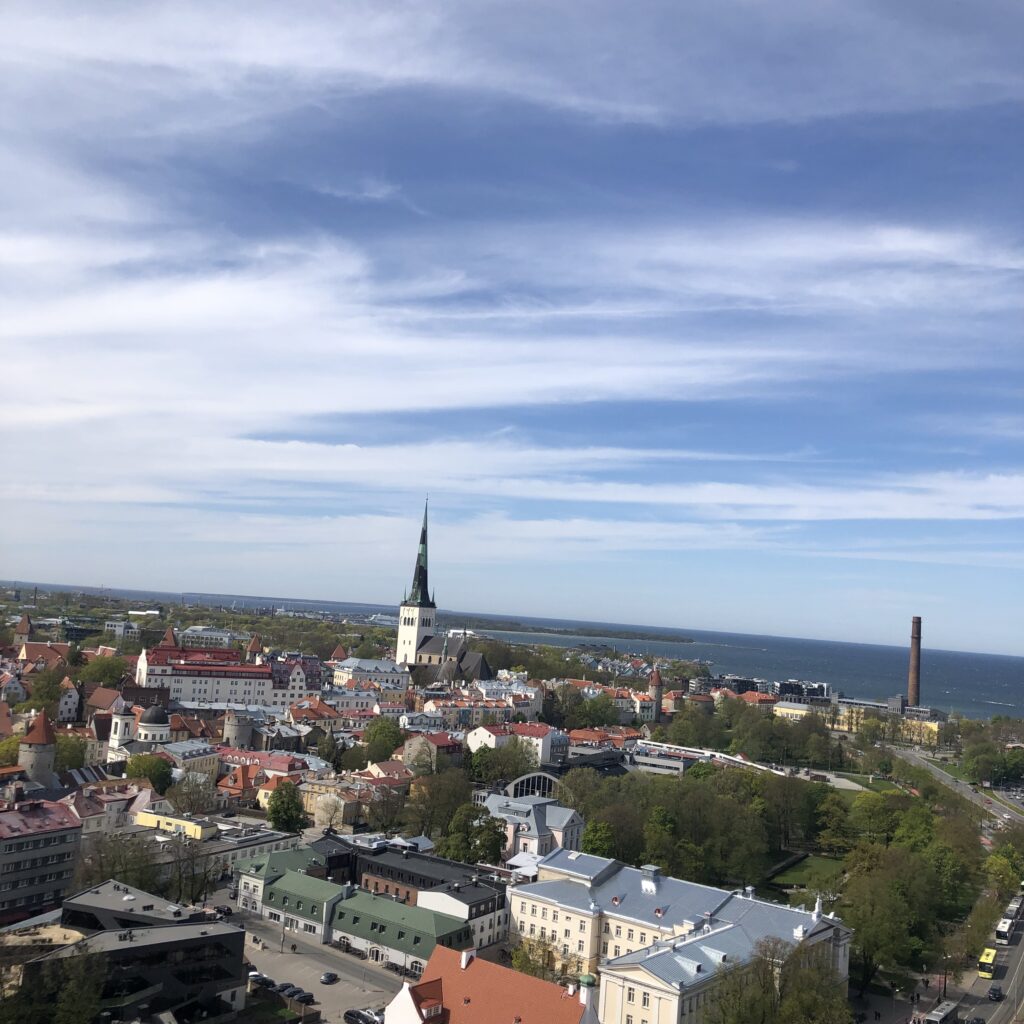By: Katie Timmerman
“There are no foreign lands. It is only the traveler who is foreign.” – Robert Louis Stevenson
Travel teaches us. Whether your destination is 50 miles or 5,000 miles away, there is always something new to learn and experience. Travel exposes us to diverse people, places and cultures. I’ve also personally found that it challenges me to be a better communicator.
Recent travels took me to Germany, Finland and Estonia, where I experienced beautiful landscapes, indulged in local cuisines, and navigated languages that were new to me. It’s been my experience that travel also provides tangible opportunities for improving communication skills, with my most recent trip reminding me of that once again.
Here are three things travel has taught me that I think can translate into helpful tools in our quest to become better communicators:
Be curious and listen well
Travel, especially internationally or in a new-to-us place, forces us to listen more and speak less. This is often done out of necessity to know where, how and when to navigate in a new place. But what if we proactively adopted this process with our communication skills? Good communication often means distilling complex information in more easily understandable ways, and it can feel like a bit of an art to master at times. But what if one of the keys to being a better communicator was being curious and listening well? This concept serves me well when navigating new cultures, places and people – and I think has practical application for the world of communications as well.
When in doubt, ask for clarification
I’m also reminded that in unfamiliar places, asking for clarification is important to avoid pitfalls with directions or itineraries. Unsure of what a sign says because it’s in a different language? Confused about the difference in time zones? When in doubt, asking for clarification can be helpful. This has proven particularly helpful for me as a communicator when I find myself asking questions to better understand. Did someone answer a question in a way that doesn’t quite make sense to me? Was I confused by any words or terminology used? Asking for clarification can go a long way to ensuring travel success, and it can also aid in refining our communications.
Consider cultural context and know your audience
Considering cultural context when traveling is important. If you’ve ever traveled before, I suspect you have learned this as well. What is common in the United States of America might be uncommon in Finland. What is routine behavior in Germany might not be in Estonia. There can be differences in currency, which side of the road people drive on and even dress considerations.
Cultural context has important implications for our communications. It can remove unintentional blindspots, ensure accuracy of statements based on intended audiences and reduce misunderstandings. For example, knowing that less than 2% of German homes have air conditioning could be an essential piece of information for a communicator messaging a population for which central air conditioning indoors is not the norm.
In many European countries, sustainability and care for the environment is often of paramount concern. Pragmatically, this can look like environmentally friendly food containers, reusable cups and flatware in restaurants and apartments equipped with a button to turn off the electricity to the entire place when you leave. There can also be regulations in place that encourage or require certain community behaviors. For example, Finnish culture considers living sustainably and in harmony with nature to be a core value. Knowing our intended audience is not only helpful to avoid inaccuracy or embarrassment, but it can also communicate respect for cultural values.
Travel has much to teach us, if only we’re willing to learn. We only need to be eager students, open to learning and adapting when presented with new information. The patience and understanding it curates is unparalleled. The empathy for others it elicits is palpable. The appreciation for cultural differences it builds in people is life changing. It challenges stereotypes, breaks down barriers and humbles us in the best of ways.
